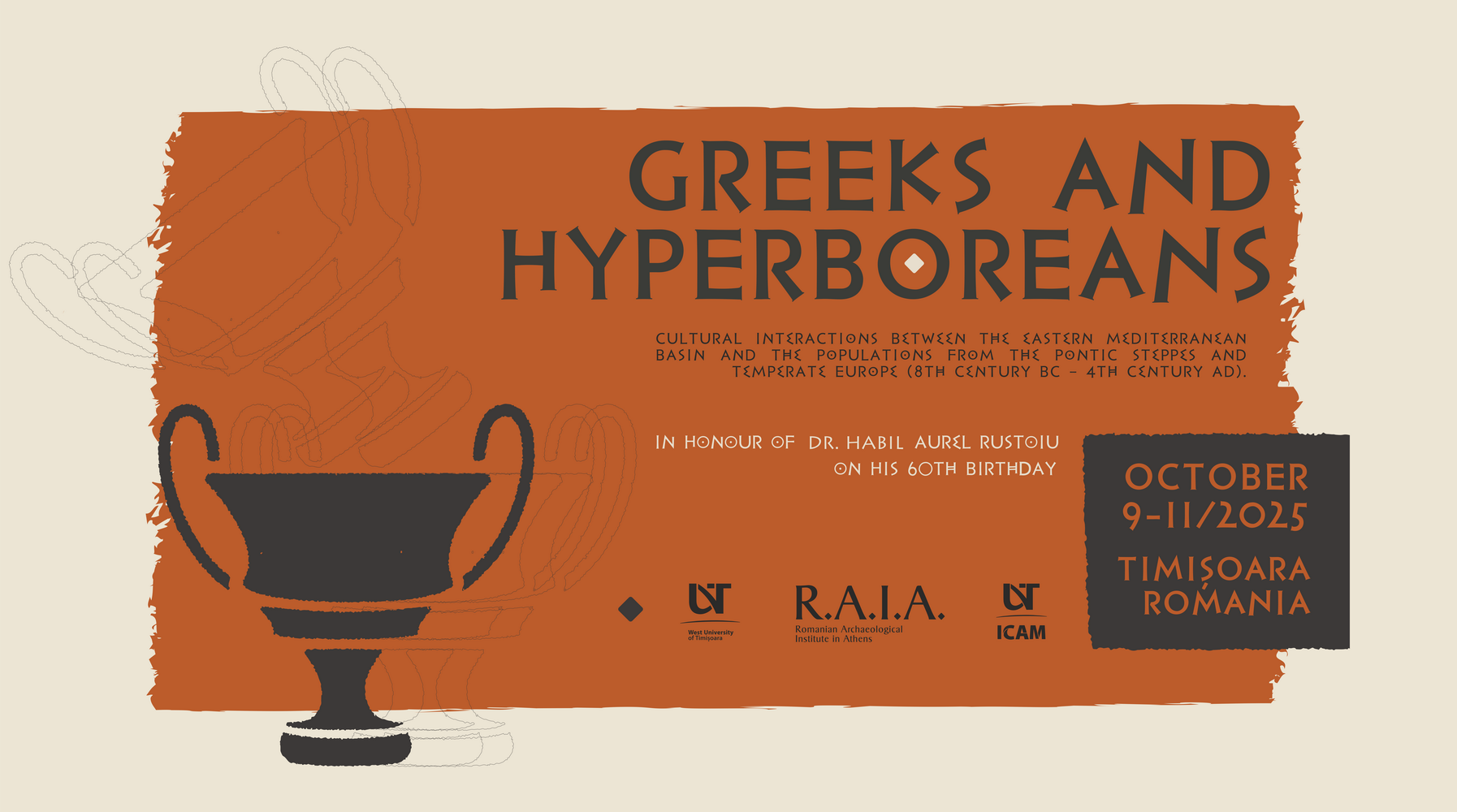The Romanian Archaeological Institute in Athens is a landmark initiative for Romanian archaeology, supported by the University of Bucharest, “Alexandru Ioan Cuza” University of Iași, and West University of Timișoara.
Why a Romanian Archaeological School in Athens?
In the words of Prof. univ. dr. emeritus Vlad NISTOR, President of RAIA, the Institute strengthens historic ties between Romanian and Greek scholarship, supporting collaborative excavations, publications, and academic exchange while nurturing new generations of researchers. The following excerpt (from RAIA, I/2019, pp. 3–5) presents the mission, principles, and ongoing collaborations.
The Romanian Archaeological Institute in Athens intends to continue the prestigious tradition of the humanist study of Classical, Mediaeval and Early Modern Archaeology and History that for over a century has brought together the academic milieus of Greece and Romania.
The fundamental principles of the RAIA’s activity in Greece and within the framework of its relationship with the Greek academic community are as follows:
- The RAIA respects and contributes to the development of the common tradition and history that connect the two countries and their academic institutions;
- Scientific collaboration with Greek academic institutions and researchers in terms of the conducting of archaeological excavations and the publication of the results thereof, and the organizing of scientific events in Greece and Romania as well as on an international level;
- In the spirit of reciprocity that characterizes this collaboration, the RAIA actively supports Greek researchers and academic institutions that wish to participate in archaeological or history projects in Romania;
- All research and scientific events organised by the RAIA are to be financed from a combination of Romanian public (according to law) and private funds;
- The scientific activities organized by the RAIA are to be performed with the aim of encouraging the development of education and research programmes dedicated to Greek history and culture in Romanian universities, as well as facilitating a better understanding of the cultural-historical developments that have affected the two civilizational spaces.
The RAIA will continue to develop the already traditional collaborations existing between the Romanian and Hellenic academic milieus in the field of archaeology, as well as to assist in the training of young researchers, the organization of scientific events and publication of research results. The RAIA’s founding universities have already begun efforts to identify Greek partners for future archaeological projects. One of these is the framework agreement between the University of Bucharest and the Institute for Balkan Studies in Thessaloniki. There exists a long-standing relationship between the Aristotle University and the Alexandru Ioan Cuza University in Iași. The University of Iași and the Western University of Timișoara have also signed academic collaboration agreements with the Ioannina University. To this series of close academic ties we can also add the agreement between the Western University and the Democritus University of Thrace. The University of Bucharest is also in the process of establishing collaborations with several other Greek scientific centres.
Given its status, the RAIA represents the entire Romanian scientific community involved in archaeological, classical and historical research and intends to support the Greek institutions and researchers interested in implementing research projects on the territory of Romania. The founding universities are therefore open to all suggestions put forward by our Greek partners concerning the integration of archaeological research teams. Moreover, the RAIA is able to support the projects of Greek specialists as far as field and archive research is concerned in fields such as history, ethnography and ethnology, linguistics etc., and agrees to support our Greek colleagues in their dealings with the relevant Romanian authorities.
Beyond this there also exist a serious interest in conducting research into Greek civilization. As well as archaeological research, Romania also boasts centres for research on the Neo-Hellenic culture and language, as well as an active presence of Greek university professors in Romanian academic space and a growing interest among the younger generation of researchers in the study of the cultural, social and political phenomena that marked South-Eastern Europe and provide it with identity and originality within the European construct.
The direct access of the younger generation to the research opportunities offered by Greece represents a very important step in developing a regional academic identity which, without contradicting a common European identity, nuances and enriches the latter.
RAIA began its activities in 2017 in partnership with the Ephorate of Antiquities of Chios. Over the past few years, academic staff and researchers at West University of Timișoara have prepared detailed documentation using modern, non-invasive methods that will form the basis for major archaeological projects.
